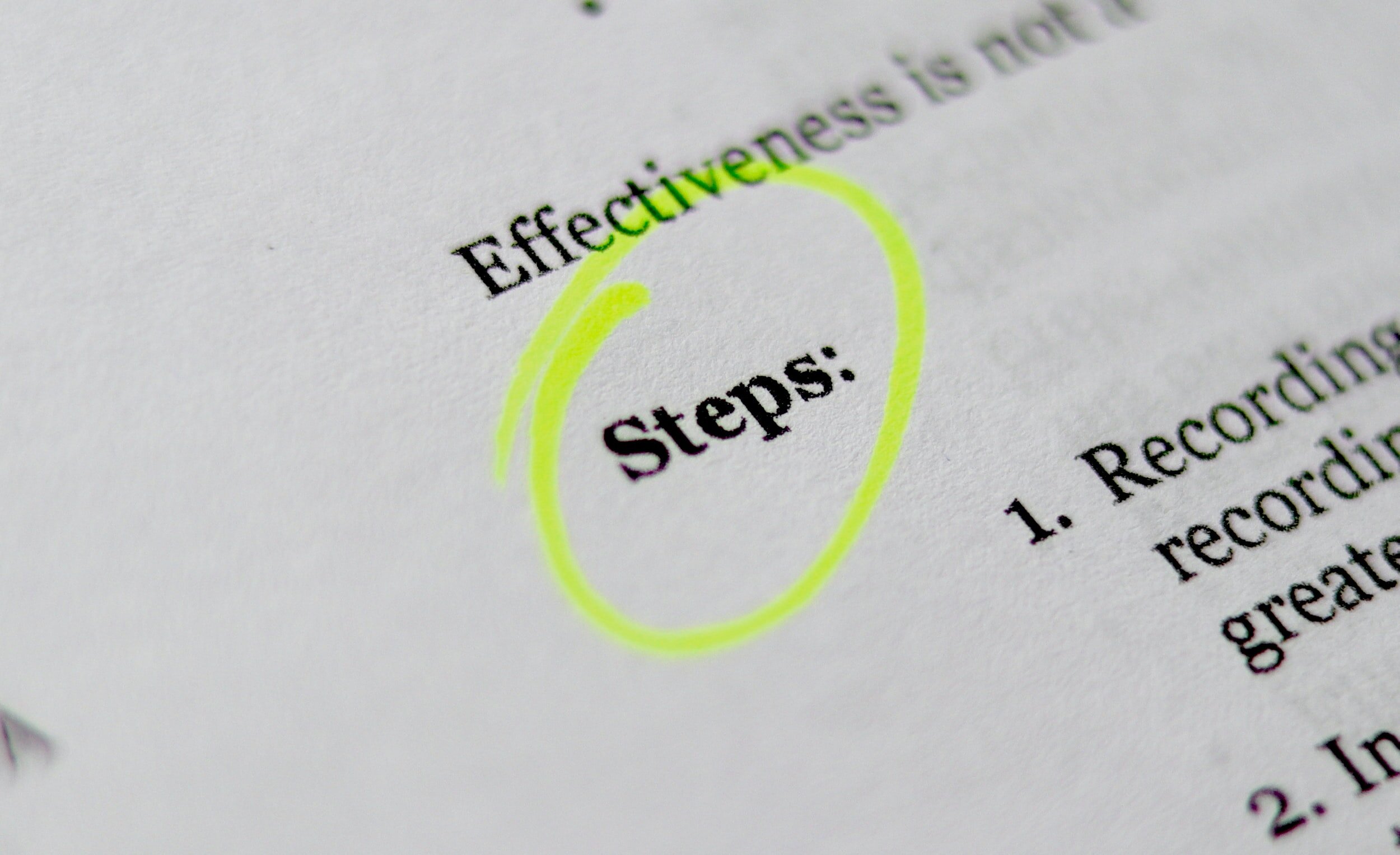Essential Skills Every BA Should Have
/Have you just gotten your Business analysis certification or an opportunity to work at a great company as a BA? Or perhaps you are already a full-time business analyst intending to climb higher up the corporate ladder.
Why does business analysis seem so hard sometimes?
What skills do you need to be good (or better) at your job?
What skills do you need to make things a tad easier?
Business Analysis is the culmination and interplay of diverse skills. This article covers 3 essential skills every business analyst should have.
Problem Solving Skills
Why do we analyze situations? To understand them and ultimately, to provide a recommendation on how to improve the situation. Your job as a Business Analyst above all other things, is to be the solution guru of the company.
This is why problem-solving skills are mandatory for Business Analysts. Every project will inevitably face a point of conflict or problem that leaves stakeholders confused and anxious. Such moments provide an opportunity for the BA to shine. You can do this only if you understand and can dissect the problem in order to arrive at a solution. Whenever there's a challenge, rise up to it.
Communication Skills
A Business Analyst provides the link between the different units of a business ecosystem. This automatically means that BAs have to possess outstanding communication skills. Some of a BA's responsibilities as a communicator include:
Facilitating company meetings
Soliciting feedback by asking insightful questions
Listening to answers proffered by stakeholders and examining their feasibility and
Conducting negotiations amongst stakeholders
Excellent communication matters not only in conversations but also in producing documents and holding online discussions with stakeholders. The use of collaborative platforms like Google Hangouts, Skype conference calls and other types of virtual meeting platforms is increasingly becoming common practice. Being a good communicator on these platforms is also just as vital.
Part of being a great communicator involves writing clear and accurate documentation that stakeholders can easily understand. Documentation itself is not the objective. The value (clear understanding of business requirements) created by documents is the main goal. Consequently, you might be required to communicate with stakeholders using formal document templates and models. The level of detail of course depends on how agile the business is.
Business Analysts should be able to think of the logical frame of a specification document or business case and write it up in a concise and simple manner that is understandable to stakeholders. A Business Analyst must be able to translate a complicated concept into an understandable step-by-step process or model on paper to create a shared understanding.
Communication can also be achieved more effectively through the use of visual models. Business process models, organizational charts, screenshots and many other types of visualization are invaluable in mapping the business domain. A good Business Analyst can juggle around with charts and diagrams to convey the intended meaning to stakeholders.
The ability to speak in public and present ideas is also essential to being a great communicator. Business processes, procedures, product development, strategies and many other facets of a project may benefit from presentation to stakeholders at one point or the other. This presentation may involve drawing and writing on a white board or presenting slides on a big screen. The medium doesn't matter – it's the skill that counts. You have to be able to speak eloquently, pay attention to detail and ensure that everyone is carried along.
Creative Thinking Skills
Creative Thinking is a crucial soft skill to have. A truly effective business analyst is an abstract-thinking mastermind who is not afraid of change or barriers – instead, he or she just jumps over them.
Creative thoughts can be of help in many situations you encounter as a Business Analyst. Bonus points if you are the curious type too – curiosity fuels imagination. Good Business Analysts are not afraid to ask “why” when the situation demands it.
The skills discussed in this post are by no means the only skills required to become an effective BA. There are many more skills you will need and develop throughout the course of your career. It might seem demanding but that's what business analysis requires. Luckily, practice helps – it's a business analyst's best friend.
Useful Links & Attribution
10 soft skills every business analyst needs
The Top Ten Business Analysis Skills for 2012
"Skills Puzzle Shows Experience And Abilities" Picture by Stuart Miles/Freedigitalphotos.net










Transporting hazardous liquids is a critical operation across industries like chemicals, mining, and agriculture. With growing demand and increasing emphasis on sustainability, businesses are facing heightened challenges and responsibilities in 2025